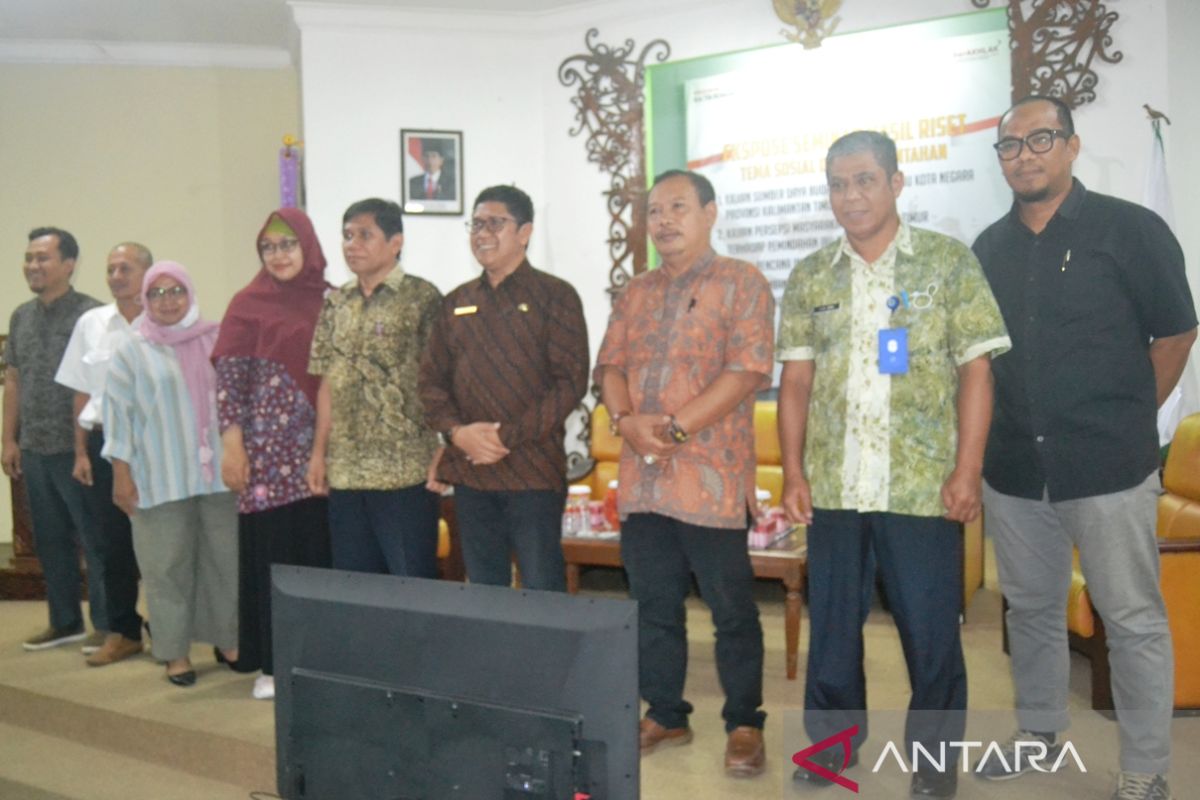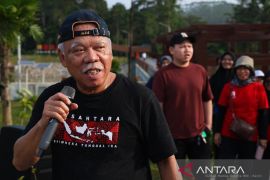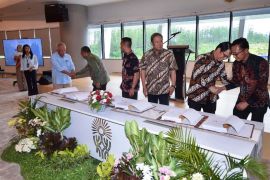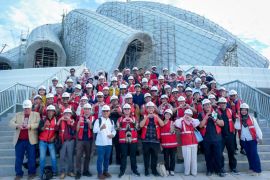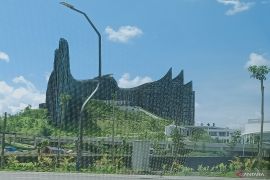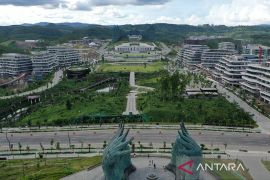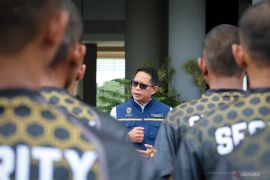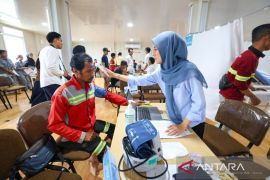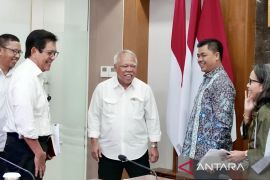We have carried out four studies this year (2022)...Samarinda, E Kalimantan (ANTARA) - The East Kalimantan government shared the results of research on cultural resources in the areas surrounding Indonesia’s future capital (IKN), Nusantara, which aimed to ensure that native cultures are preserved and not overwhelmed by modernization.
"We have carried out four studies this year (2022), one of which is a study of cultural resources in the IKN area," acting Head of the East Kalimantan Provincial Research and Development Agency (Balitbangda) Fitriansyah informed at an exhibition on the research results here on Thursday.
The cultural study focused on two districts, namely North Penajam Paser (PPU) and Kutai Kartanegara, he said.
There were at least 10 research objects, namely manuscripts, oral traditions, customs, special rituals, traditional knowledge, traditional technology, arts, language, folk games, and traditional sports.
One of the research results that was displayed at the exhibition was a manuscript, which can be traced back to the nobles of Paser region.
The researchers also studied 12 oral traditions, including the origins of some traditional dances, the origins of Pemaluan area in PPU district, a folktale entitled Pena and Najam, as well as the custom of keeping the stair away from a stilt house when the owner is not at home.
Furthermore, the team surveyed some cultural heritages of PPU district, such as the Aji Raden Cemetery Complex, the Panglima Cave Site, the Seven Wells, the Japanese cannon remains, the Mentawir Old Cemetery, the remains of a foundation for oil drilling made by the Dutch, the Japanese Wells, and the Tekad Bunker.
A total of 55 customs were also studied, such as the Naik Ayun ceremony, the Mayar Sala ceremony, the taboos of the Paser tribe, tapen or tasting of food/drinks offered by a host, the Buen Festival, hitting of a gong or strumming of a gambus at an event opening, cleaning villages, as well as warding off misfortunes.
The research also investigated 18 special rituals, including nondoi, belian, melarung, benyaru, basipung, teppong tawar, and buntang.
The research team also found 55 items of traditional knowledge, comprising 14 food recipes of deli osi, lopi-lopi, tekalo sup, and sayur umbut; six practices used in making crafts and furniture; as well as several native skills, such as making bubu (a traditional fish trap).
Fitriansyah informed that his agency also researched 12 traditional technologies, such as making traditional wooden ships, boats, nipa palm leaf roofs, musical instruments, daggers, as well as bagang (floating lever fishing nets that are set in the middle of the sea).
In addition to the study on cultural resources in the IKN area, other studies conducted by the Balitbangda included one on the perceptions of the East Kalimantan community concerning the transfer of the capital city.
Furthermore, the agency also conducted a study on research and development master plans as well as a study on gender-based human development in East Kalimantan province.
Translator: M.Ghofar, Uyu Liman
Editor: Rahmad Nasution
Copyright © ANTARA 2022
